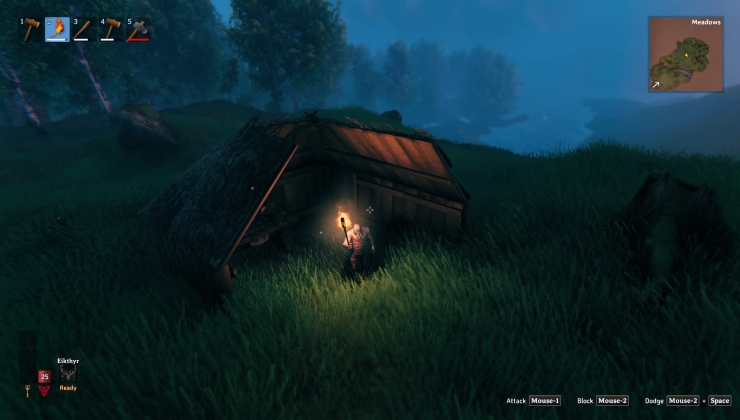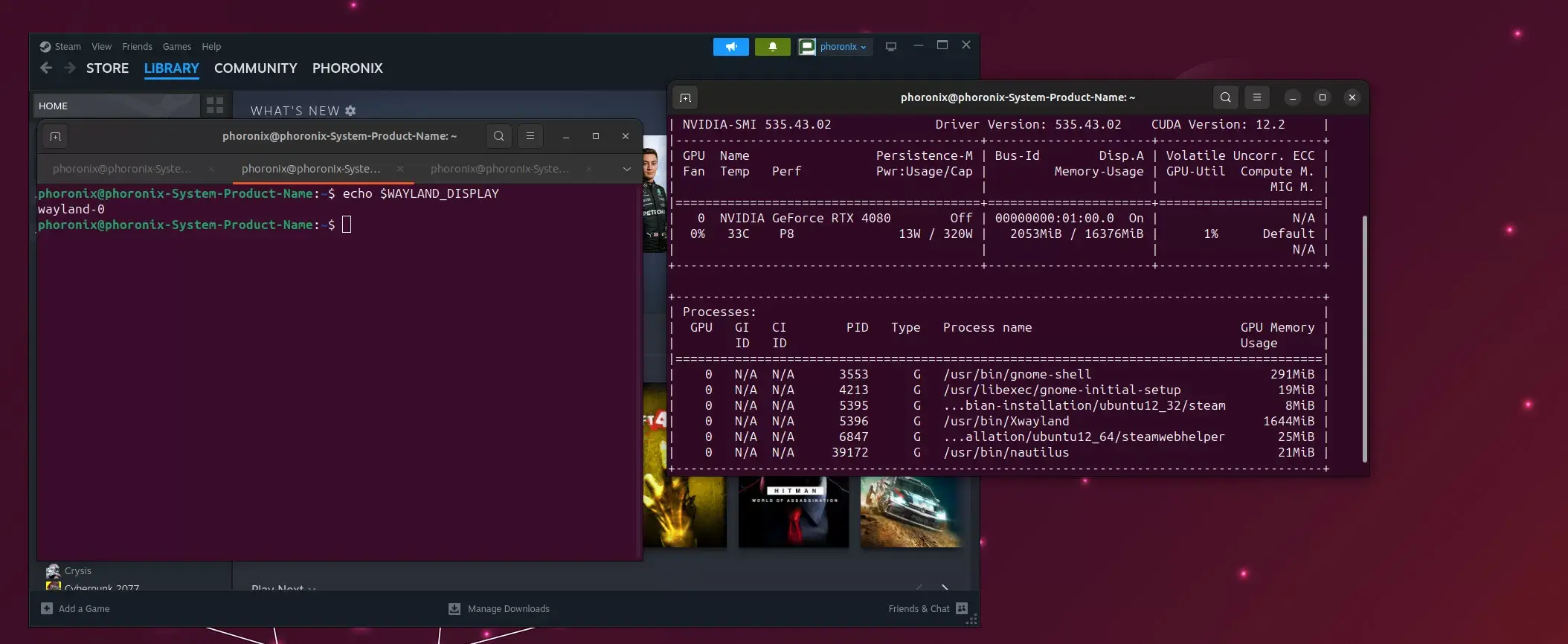

Bridgman is an extremely talented dude who’s contributions bettered the entire industry. I really hope he enjoys his retirement, and continues to post in the forums over at Phoronix. The guy is extremely thick skinned but laidback and incredibly friendly despite all the flame wars and trolling.
Heck of a nice guy who did some really great work for Linux, Linux Gaming, and gaming overall. nVidia users benefitted greatly from AMD’s surge in competitive software.





deleted by creator